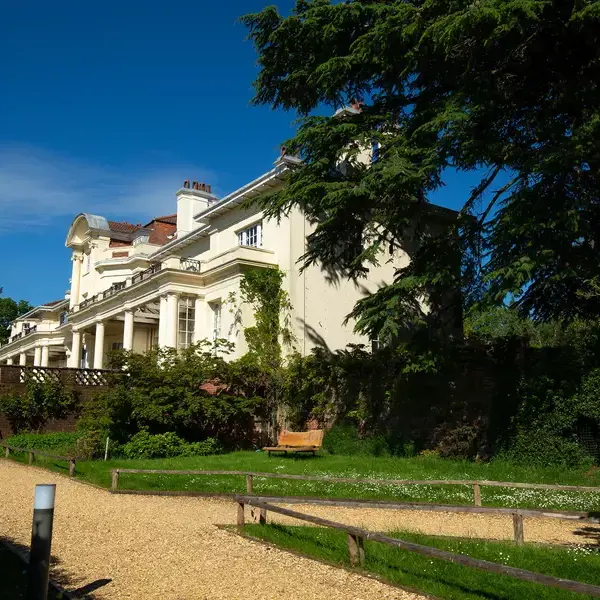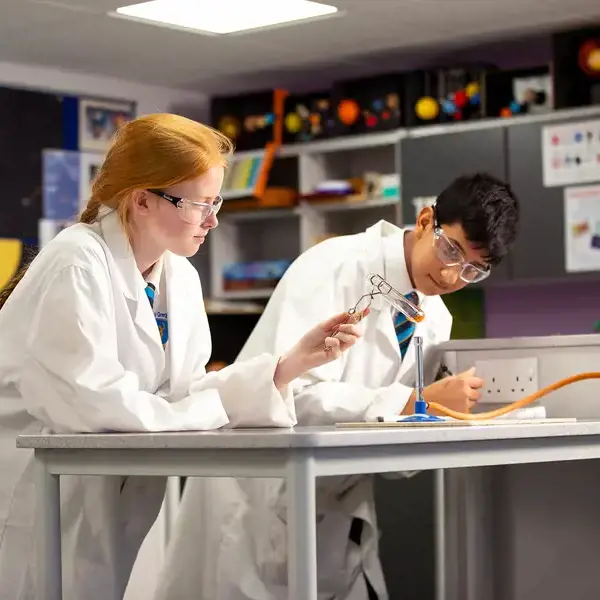Monitoring Students' Progress
Monitoring the academic progress of a student is an on-going, consistent process at The Gregg.
Thanks to small class sizes we can more easily keep track of the development of students and challenge them accordingly within lesson time. We also collect Progress Data, via assessments and projects three times a year.
Access to reports (and homework) data is via the Parent Pages of Firefly (our VLE), using the Parent login details which are provided to all new parents on joining the school. Parents personal Firefly pages will contain Progress Review information and a full Annual report.
Please see below the schedule of reports:
| Autumn Term | Spring Term | Summer Term | |
|---|---|---|---|
Year 7 |
|
|
|
Year 8 |
|
|
|
Year 9 |
|
|
|
Year 10 |
|
|
|
Year 11 |
|
|
The Gregg Assessment Ladder
A few years ago, the Government reformed the structure and assessment of GCSEs. Examination boards moved away from the familiar system of A*-G grades to a new system of grading with numbers.
The Government also withdrew the central national system of levelling and required schools to develop their own approach to assessing and reporting student progress at Key Stage 3.
In order to maintain consistency, The Gregg School has adopted a single grading system which applies to all year groups and uses the same scale as the new GCSEs ranging from 9 to 1 (Grade 9 being the highest). Students will enter the school at a lower grade and progress up the ladder as they move from year to year.
All students undertake a MidYIS or Yellis (depending on their age) assessment on joining the school. This is a baseline assessment which enables us discover students’ potential as they start and progress through The Gregg.
The MidYIS and Yellis assessments help predict up to GCSE and IGCSE. They also allow us to set challenging academic targets for each student to aim for each year. The rich data we receive from these baseline tests can also help us to individualise the learning for each student. They test a range of sections including vocabulary, maths, and non-verbal skills, with an average duration of 50 minutes for both tests.
Year after year we see an uplift in the predicted GCSE grades of students as they enter Year 7 to their actual GCSE results in Year 11.
